An Expert Guide To Choosing The Best Multivitamin
Cover Your Bases
Even if eating well is something you try to do, food alone isn’t enough to provide all the nutrients your body needs. “No matter how healthy you are, or how well you eat, a multivitamin is essential for optimal health,” says Shabir Daya, co-founder of Victoria Health. “Our bodies require various vitamins and minerals constantly to run efficiently and effectively, but stress, a lack of exercise and poor eating habits all affect your nutrient status and put you at risk of deficiencies. In fact, recent studies show up to 60% of us are deficient in vitamins D, B12, K and magnesium.” The quality of our food also plays a part. “The fruits and vegetables on our supermarket shelves are often days old, which significantly reduces their nutrient status,” adds Shabir. “Plus, poor soil quality and modern farming practices deplete nutrients even further, and many of us lead a hectic lifestyle, which affects digestion and nutrient absorption. It’s a vicious cycle.”
Understand Your Risk Factors
Experts agree we can all benefit from taking a multivitamin. For Jenny McGuckian, registered nutritional therapist, there are certain people who should absolutely be including one daily. “If you are experiencing high levels of stress, it’s worth taking a multivitamin, as stress burns through vitamins and minerals. Plus, if you follow a particular diet – especially if it’s vegan, vegetarian or keto – you need to think about where you’re getting nutrients such as vitamin B12 from.” If you’re very active, it’s also important to remember that you sweat out vital minerals like calcium, zinc and magnesium, which need to be replenished regularly. “Plus, if you live in a city, your body requires more antioxidants to deal with stress and pollution,” adds nutritionist Petronella Ravenshear. A multivitamin is especially beneficial for women who are pregnant as well as those on antibiotics, says nutritional therapist Roberta Baldo. “Antibiotics can interfere with the absorption of vitamin B12, which is essential for energy levels.”
Look For Signs Of A Deficiency
“Ongoing fatigue, low immunity, hair and skin issues, and brain fog are key signs you could benefit from taking a multivitamin,” says Aneequa Godart, functional nutritional therapist at HUM2N. When it comes to some of the most common nutrient deficiencies, Petronella adds that muscle cramps and twitches are a classic sign you could do with more magnesium, while cracks in the corner of the mouth or a sore tongue can indicate the need for B vitamins. “White spots on the fingernails or stretch marks, meanwhile, can signify a zinc deficiency,” she tells us.
Don’t Fixate On The RDA
When reading the back of a supplement bottle, it’s not unusual for a daily dose to contain far more than 100% of your recommended daily allowance (RDA). Is this a bad thing? Jenny explains there’s a difference between the RDA – regarded as the minimum required for disease prevention – and what might be considered more optimal amounts. “Supplements are well regulated in the UK, so it’s unlikely you would find a multi you could do much damage with. Water-soluble vitamins – such as vitamins B and C – are usually found in much higher amounts as you don’t retain them all (you excrete them in your urine).” At the same time, there are situations when your nutrient needs are higher, such as if you take the pill, which significantly depletes your levels of vitamin B6. “To meet the requirements of B6 when on the pill, you need upwards of 1,000% of the RDA,” adds Rhian Stephenson, naturopathic nutritionist and founder of Artah.
Prioritise Quality
A good multivitamin should contain all the basic vitamins and minerals, and should also be free from junk, fillers and allergens. Once you’ve ticked those boxes, look at the form the vitamins and minerals are in, advises Petronella. “Look for minerals in the form of citrates, gluconates, glycinates or picolinates, which are better absorbed than sulphates, carbonates and oxides, which are typically found in high-street chemist brands. For example, look for magnesium glycinate as opposed to magnesium oxide. This will ensure a high-quality multivitamin that’s better absorbed by the body. Also look for a multi that contains methylated B vitamins, which are better absorbed.” Shabir recommends opting for a multivitamin that’s labelled ‘food state’, which means the nutrients are in a form the body will recognise. “The body gets its nutrients from food, so why not take multivitamins that closely resemble your diet? Studies show food-state multivitamins are significantly better absorbed and utilised by the body.”
Avoid One-A-Day Formulas
While a one-a-day formula may seem like a convenient way to top up your nutrient levels, the experts say these are best avoided. “One-a-day formulas often use synthetic, isolated vitamins which are ill-absorbed by the body,” says Shabir. Rhian, meanwhile, says you should expect to take at least a couple of capsules per day. “To get the optimal amount of nutrients in a multivitamin, look for a serving size of up to six capsules per day.”
Always Take With Food
Always take a multivitamin with food for maximum absorption, and if it contains high levels of B vitamins – which are energising – take in the morning to avoid interfering with your sleep. “When you eat, the body releases digestive enzymes, which can aid the absorption of the nutrients in your multivitamin,” advises Shabir. “Avoid taking multivitamins on an empty stomach, which can cause nausea and stomach upset.”
Be Patient
“How soon you’ll feel the effects of a multivitamin will vary based on your overall health, nutritional status and the specific nutrients in your supplement,” says Aneequa. “You may notice better immunity and improved energy within a few weeks, but long-term advantages, like restoring a chronic deficiency and improving bone health, can take up to three months.” And while multivitamins have been designed and formulated to take on an ongoing basis, they can also be used periodically to support you as and when needed during times of stress or illness. “Yes, a well-balanced diet is crucial,” says Jenny. “But chances are you need a modern-day multivitamin to fill essential gaps and feel your absolute best.”
For more from the experts, visit TheHumanBeingDiet.com, Go-Nourish.com, HUM2N.com, VictoriaHealth.com, Artah.co & BaldoAndMason.com.
SHOP THE EXPERTS’ PICKS
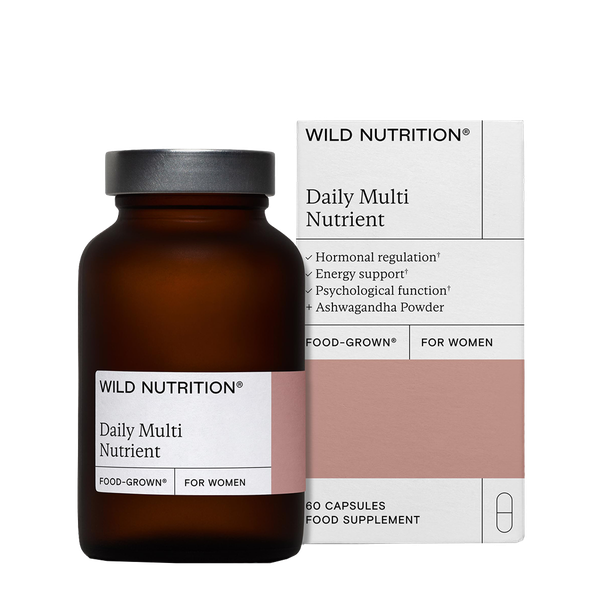
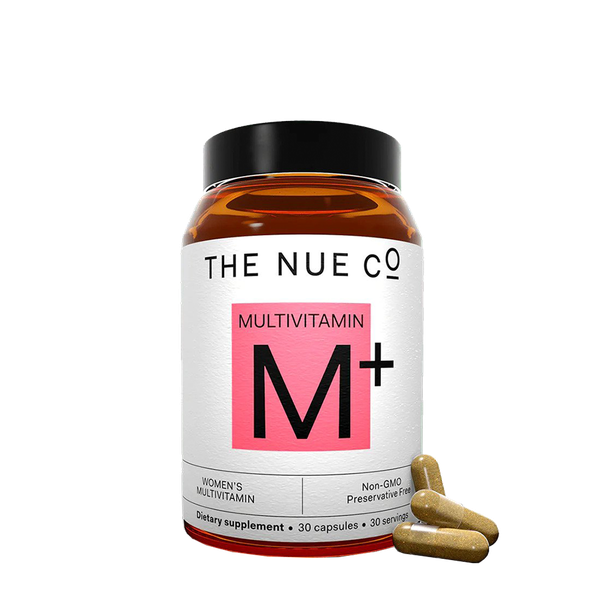
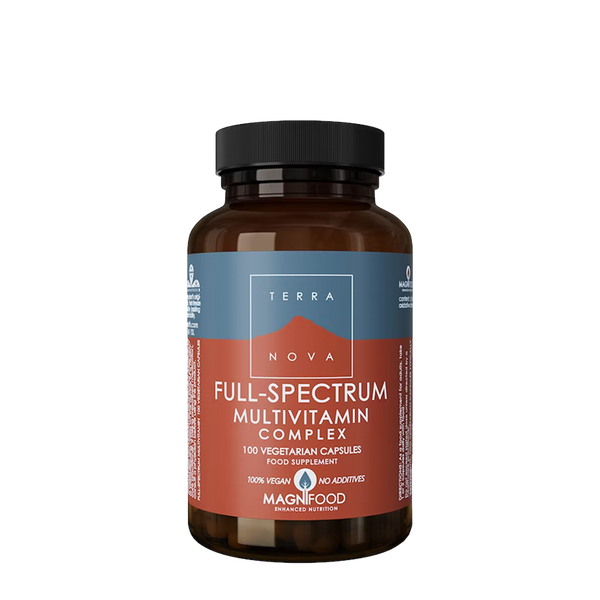
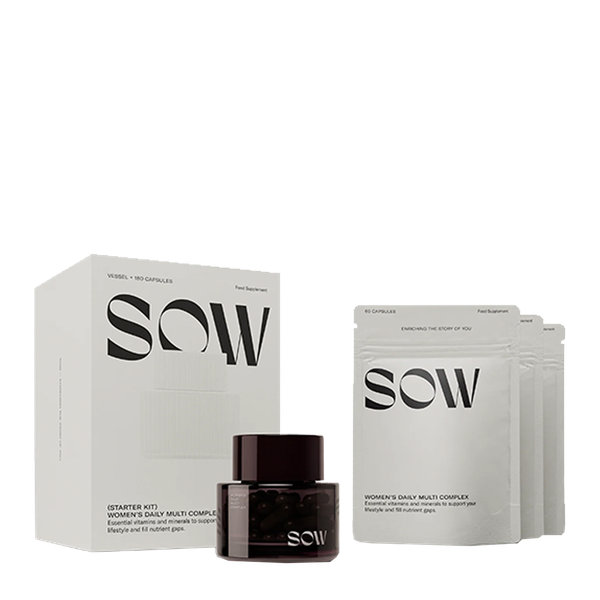
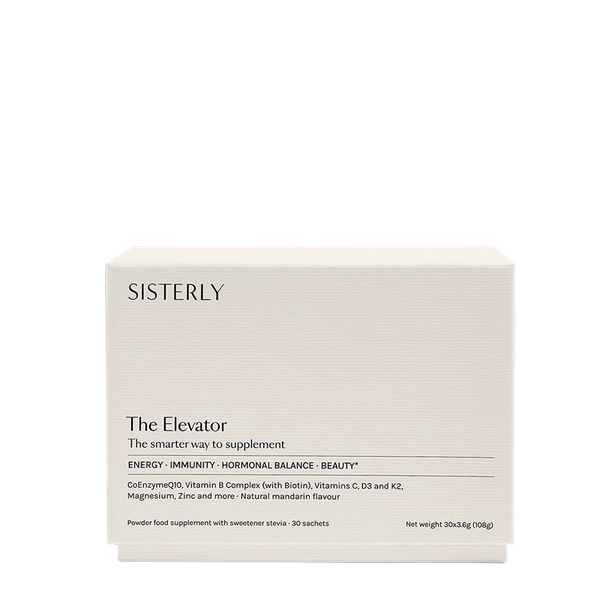
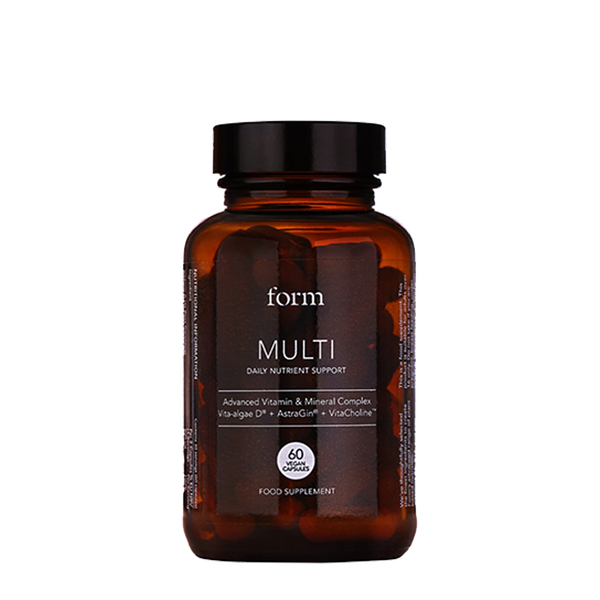
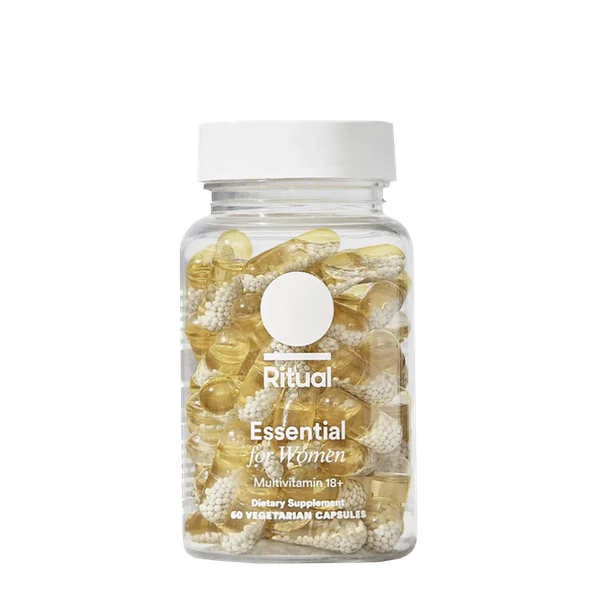
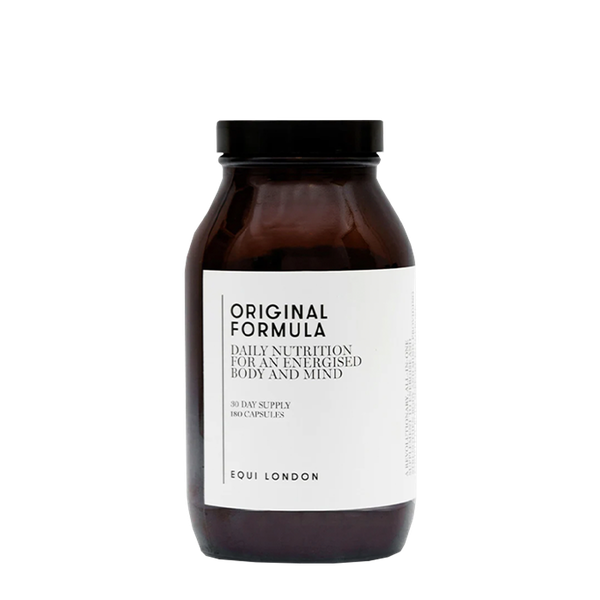
DISCLAIMER: Features published by SheerLuxe are not intended to treat, diagnose, cure or prevent any disease. Always seek the advice of your GP or another qualified healthcare provider for any questions you have regarding a medical condition, and before undertaking any diet, exercise or other health-related programme.
DISCLAIMER: We endeavour to always credit the correct original source of every image we use. If you think a credit may be incorrect, please contact us at info@sheerluxe.com.


